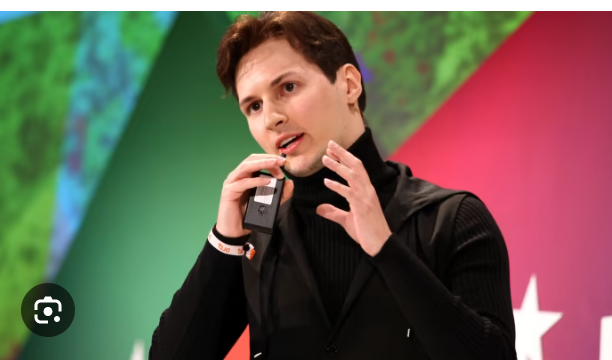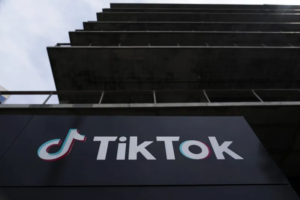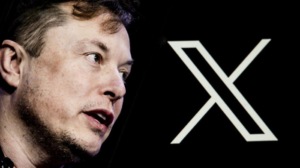
Pavel Durov, the CEO and founder of Telegram, was arrested by French authorities at Le Bourget Airport near Paris on charges related to criminal activities facilitated through his messaging platform. The arrest occurred as Durov, 39, arrived from Azerbaijan on his private jet, prompting widespread reactions from both Russian officials and the tech community.
The French investigation, led by the Office for the Prevention of Violence Against Minors (OFMIN), focuses on Telegram’s alleged failure to curb illegal activities such as drug trafficking, child exploitation, and organized crime. Authorities claim that the platform’s lack of sufficient moderation has allowed these activities to flourish, making Durov accountable.
Durov, who holds dual citizenship in France and the UAE, faces possible indictment as the probe continues. His arrest has drawn immediate attention from the Russian government, which demanded consular access and accused France of non-cooperation. The Russian Embassy in Paris confirmed it is in contact with Durov’s legal team, expressing concern over the protection of his rights.
Telegram, which Durov co-founded in 2013, is widely known for its strong encryption and privacy features. The platform has grown to nearly one billion users globally and plays a significant role in communications across Russia, Ukraine, and other regions. Despite its popularity, Telegram has long faced criticism for its permissive approach to content moderation, particularly from European countries concerned about security and misinformation.
The arrest has sparked a diplomatic backlash, with Russian officials accusing France of hypocrisy and double standards on issues of free speech. Meanwhile, tech billionaire Elon Musk, who has faced similar controversies with his platform X, commented on the arrest, framing it as an ominous sign for freedom of expression in Europe.
The outcome of this investigation could have far-reaching implications for Telegram, potentially leading to stricter regulations on the platform and intensifying the global debate on the responsibilities of tech companies in preventing criminal misuse of their services.






Be First to Comment